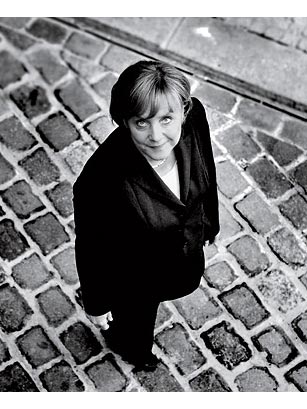
The Woman Who Cheered Up Germany
It's not easy being the most powerful woman politician in the world. And the new German Chancellor, Angela Merkel, got off to a rough start. After a lackluster campaign prior to elections last year, her center-right Christian Democratic Party blew a big lead and was forced into a coalition government with its old rival, the Social Democrats. But 2006 may be remembered as the year of the "Merkel effect." The German economy rebounded. Business confidence grew. Unemployment fell into single-digit territory. Merkel mended fences with Washington, stood up to Moscow and sent German troops to help out in trouble spots from Lebanon to Afghanistan, breaking a post–World War II taboo about sending German soldiers abroad to fight. Germans even began enjoying themselves. Buoyed by their young soccer team, they put on a splash as hosts of the World Cup tournament this past summer and began waving the German flag for the first time since the war. Merkel has benefited from some economic reforms introduced by her predecessor, but for an untried politician from the former communist East, she has proved a tough and effective problem solver. "It's fun to work on an idea," she told an interviewer recently. "It gives pleasure to find a common way out of a difficult situation." The daughter of a Protestant preacher, Merkel, 52, will not say whether her gender has helped or hurt in her career. But her government has introduced legislation to help women with children continue with their careers. If that means more politicians of Merkel's caliber in high office, Germany is on to a good thing.